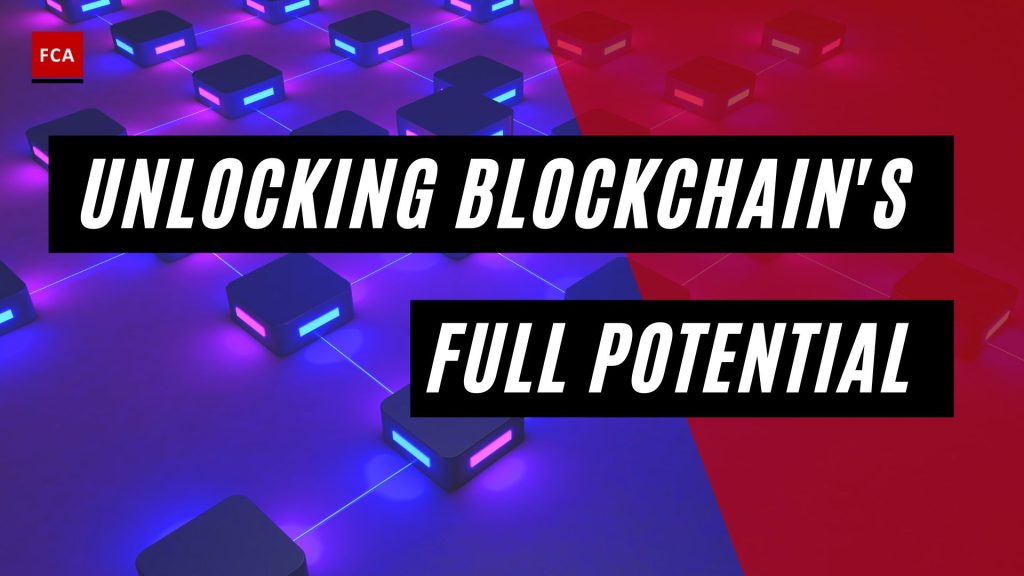Unlocking blockchain’s full potential requires a deep understanding of its underlying architecture, consensus mechanisms, and potential applications across various industries.
Blockchain technology has undeniably captured the imagination of the tech world and beyond, offering the promise of decentralized, transparent, and tamper-proof systems. From its inception with Bitcoin to the development of smart contracts, non-fungible tokens, and decentralized finance, blockchain has been hailed as a groundbreaking innovation with potential applications in numerous industries.
But along with blockchain’s advantages come some significant challenges — and to reach its full potential as a game-changing technology, these issues will need to be overcome.
Blockchain networks can be slow and inefficient due to the high computational requirements needed to validate transactions. As the number of users, transactions, and applications increases, the ability of blockchain networks to process and validate them in a timely way becomes strained. This makes blockchain networks difficult to use in applications that require fast transaction processing speeds.

Unlocking Blockchain’s Full Potential
The process of validating transactions on a blockchain network requires a lot of computing power, which in turn requires a lot of energy. This has led to concerns about carbon emissions and the environmental impact of blockchain technology.
Blockchain’s security measures have often been touted as key strengths of the technology but the security of blockchain networks is not without its challenges. There have been instances of security breaches and hacking attacks on blockchain networks, and these problems can result in monetary losses and damage to the integrity of the network.
To mitigate risks, companies are working to improve the security of blockchain networks and applications. Their security efforts include formal verification of smart contracts to help identify potential vulnerabilities and using multi-signature wallets for storing and managing digital assets.
Blockchain is a complex technology that requires a high level of technical expertise to implement and maintain. Tech challenges may hinder the widespread adoption of blockchain technology and discourage potential users and developers from engaging with it. Blockchain’s complexity can also lead to errors and inefficiencies in implementation.
Efforts to address this issue include the development of user-friendly interfaces, streamlined onboarding processes, and educational resources that simplify the complexities of blockchain. Increased collaboration between industry experts, academia, and government bodies can also promote the sharing of knowledge and the creation of standardized protocols and frameworks that reduce barriers to entry.
Interoperability, or the ability of different blockchain networks to communicate and interact with each other, is another crucial challenge facing the industry. There are currently many different blockchain platforms each with its protocols and standards and they often do not work well together.
This lack of interoperability can lead to inefficiencies, as individuals and companies may need to navigate multiple platforms and use several tokens or cryptocurrencies to interact with different networks. This fragmentation can also hinder collaboration, stifle innovation, and prevent the seamless exchange of data and value between different blockchain ecosystems.

Final Thoughts
Blockchain technology, with its revolutionary promise of decentralization, transparency, and tamper-proof systems, stands as a beacon of potential in a rapidly evolving digital world. From its roots in Bitcoin to the blossoming realms of smart contracts, NFTs, and decentralized finance, its implications are vast. However, this potential is mired in challenges — from its speed and environmental concerns to security vulnerabilities and its intrinsic complexity. Moreover, the balkanization of blockchain platforms, each with its distinct protocols, threatens the seamless integration and collaboration crucial for its widespread adoption. For blockchain to truly redefine our digital paradigm, a concerted effort in tackling these challenges is paramount.









